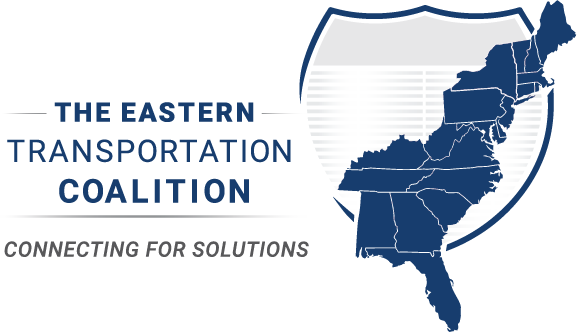Transportation Systems Management & Operations (TSMO)
The Coalition’s Member Agencies have designated primary focus areas where coordination among multiple modes and multiple jurisdictions would be highly beneficial in furthering transportation improvements. A committee was established for each focus area, and this page contains highlights of the Transportation Systems Management & Operations focus area. News items are shown below, and the menu on the right contains links to additional information on all committees.
The Coalition has long supported its member agencies in sharing best practices and advancing new programs for Traveler Information Services and for Coordinated Incident Management. Transportation Systems Management & Operations (TSMO) encompasses these two program tracks to provide a single location that benefit and involve both areas.
Coordinated Incident Management: The Coordinated Incident Management & Safety Committee, also known as the HOGs (Highway Operations Group), is the foundation of the I-95 Corridor Coalition. From the Coalition’s beginning in 1993, a primary focus has been and continues to be the efficient and safe response to highway incidents – especially those involving first responders from multiple jurisdictions. Over the years, the Committee has produced numerous training programs and studies (on subjects such as significant event coordination, quick clearance, towing, evacuation, etc.). And, today, the Committee builds upon its tremendous knowledge base to better equip agencies and responders by sharing best practices and lessons learned. To encourage communications with neighboring jurisdictions, the HOGs have designated five regional groups within the I-95 Corridor: New England, Tri-State (New York Metro), Potomac, Delaware Valley, and Southern.
Traveler Information Services: The I-95 Corridor Coalition has developed a nationally-recognized Travel Information Services program, providing data and tools for public agencies to assist with traffic management, infrastructure improvement planning, work zone operations, travel information dissemination, performance measures, and many other operational and planning functions. These tools directly assist drivers (commercial and passenger vehicles) in route planning and with more efficient roadways. Twice a year meetings are held of the Traveler Information Services Committee to share best practices and exchange information. During these meetings/webcasts agencies share information on timely travel information and operational topics through an agency “roundtable discussion.”
Committee Information
Click on one of the committees below to view its goal, vision, upcoming meetings, minutes, and leadership.
TSMO Events
Bridge Hit Mitigation Working Group Meeting
The Coalition’s Bridge Hit Mitigation Working Group will meet to engage interested member agencies in efforts to address highway and...
TDM Travel Time & Speed Data Vendor Forum
During this event, the vendors providing Travel Time & Speed data products as part of the Transportation Data Marketplace (TDM)...
RITIS Workshop: Integrating RITIS Probe Data Analytics and GIS for CMP Report Visualizations
Please join us for this workshop, hosted by the Eastern Transportation Coalition, which will focus on developing advanced data visualizations...
Copyright © 2026 All rights reserved.
